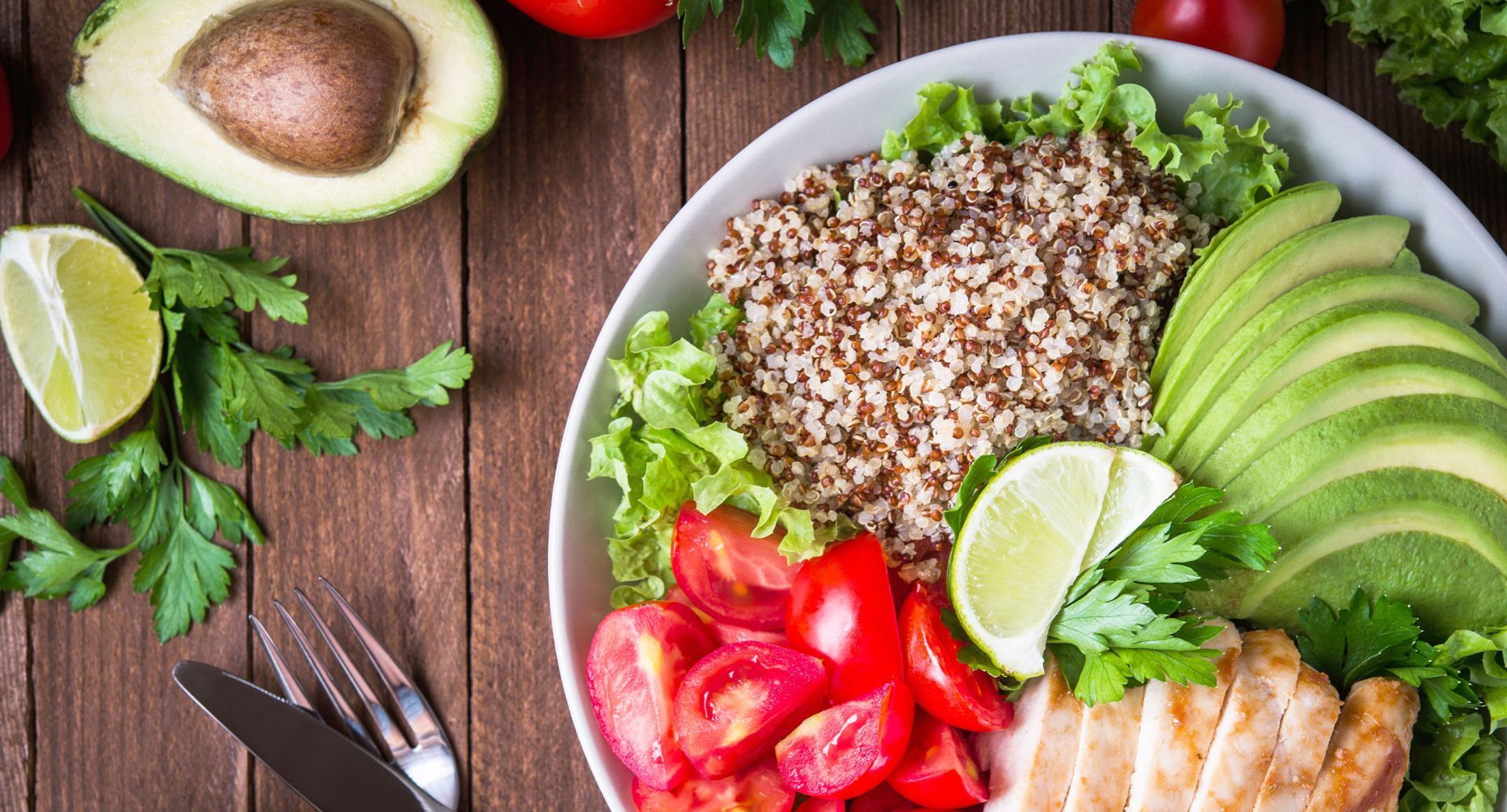The Importance of Healthy Eating
by Anna Victoria in Recipes + Nutrition
The food we put in our bodies affects more than the weight we gain and how our bodies look from the outside. It affects our health, mood, sleep, energy levels, and so much more.

In the first few weeks of eating healthy, you may experience changes, some of which may not be so easy. It’s totally normal to have increased cravings due to decreasing your intake of salt, sugar, and processed foods. Some other more positive changes you may see are increased energy levels, decreased bloating, and feeling a lot better overall than you usually do!
When you are in a routine of eating highly processed foods and food with little to no nutritional value, you don’t often realize how badly it affects your body. Once you remove those foods from your diet and start providing your body with the proper nutrition and fuel it needs to efficiently run through the day, you will see how your body was designed to feel – energized, happy, and healthy.
Experiencing first hand how drastic the difference is in the way that you feel will help you realize just how important the food you put into your body is to your health and overall well-being.
The actual reasons and motivations for eating healthy may vary from person to person, and your personal reasons can even change over time! Whether it’s for your health or to look and feel good about yourself, run with it! Find what motivates you, what inspires you to live a healthier life, and continually remind yourself why you embarked on this journey. No one said it would be easy, but I will tell you, it will be worth it!
TRY THE FIT BODY APP FREE FOR 7 DAYS! DOWNLOAD NOW.
Here are some simple healthy eating guidelines to help you get you started:
1) Eat a Balanced Diet
Each main meal should be balanced with lean protein, complex carbs, vegetables, and healthy fats. Drink about half your body weight in ounces of water daily, and a little extra if you are very active or when it’s hot in the summertime.

2) Nutrients over Calories
Focus on nutrients, not just calories. Avoid foods that are processed, refined, fried, high in saturated fats, high in trans fats, and high in sugar content.
3) Portion Sizes are Key
Be conscious of your portion sizes and savor the food you are eating. Take your time! You will notice that it takes less food to feel satisfied if you eat more slowly.

4) Quality is Important
Buy organic when possible and consume grass fed/free range meats and local produce. It tastes better, is more nutritious, and overall better for the environment.
As with any change of routine or habit, this will take time. One of my priorities is to make eating healthy as stress-free as possible. Too often, diet programs make eating so strict that people become overwhelmed and give up. I want you to have a healthy relationship with food and focus on how food makes you feel rather than on restricting your body from the fuel and nourishment it needs. If you want more quick tips on healthy eating, click here!


